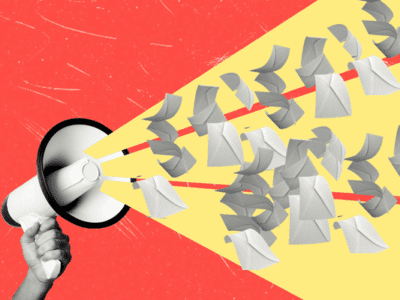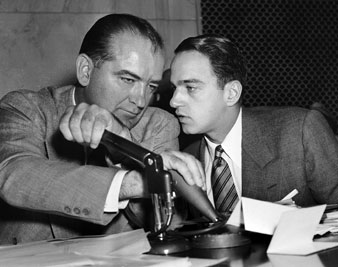Jobs and Environmental Regulation
“Job-killing regulation”? That’s not really what the evidence tells us.
Labor Day is a good time to talk about an important topic: the impact of environmental regulation on jobs. This is a clearly a fraught issue. In support of his deregulation campaign, President Trump promised to “cancel every needless job-killing regulation and put a moratorium on new regulations until our economy gets back on its feet.” Biden, on the other hand, has said that “creating jobs and tackling climate change go hand in hand.” As illustrated by Trump’s comment, “job-killing regulations” has been a long-time meme among conservatives.
In terms of the overall economy, the idea that environmental regulation destroys jobs seems to be a myth. Look at it this way: In 1970, when the Clean Air Act was passed, the unemployment rate was twice what it is today. And the percentage of people participating in the workforce was half as big. Not much evidence there that regulation caused a massive hit to the economy!
In terms of more rigorous evidence, the idea of massive job losses doesn’t seem to have much empirical support. Indeed, the empirical evidence hasn’t shown large net losses in jobs from regulation. By and large, where regulations do cause a loss of jobs, a similar number of jobs are gained elsewhere.
That doesn’t mean that job losses haven’t happened in specific industries at specific times and places. A March 2022 article in the Journal of Economic Literature took a careful look at the impact of the Clean Air Act on jobs. It’s hard to do a rigorous study of how the Clean Air Act as a whole has impacted jobs. The Act applied everywhere in the U.S., so where’s your control group? But there has been some rigorous research in how some specific provisions affected manufacturing employment. They do sometimes show significant job losses in specific industries and in specific areas. Here are some key findings:
- The cap-and-trade program for sulfur dioxide had no detectable job impacts.
- Being located in a non-attainment area, where air pollution requirements are especially rigorous, does impact jobs, resulting in the loss of about 40,000 jobs a year in those areas (out of a 17 million total U.S. manufacturing jobs. Another study confirmed this result, and also found that workers who couldn’t stay with the same firm had significant wage decreases in their new jobs.
- A program called the NOx trading program has resulted in a 1.3% percent decline in U.S. manufacturing jobs. However, the manufacturing job loss in high emission industries was 5%.
Some of these people may not have found new jobs, and some apparently had to take lower-paying jobs. Even though job loss due to regulation isn’t a maco-level issue, we shouldn’t ignore that these more limited job losses are very real harms, just like the loss of jobs in coal-mining communities. Recent federal spending bills do make an effort to devote more resources to these front-line communities.
On the other hand, the job creation capacity of environmental regulation has to be considered. Studies showing that particular projects create jobs should be taken with a grain of salt. These studies typically don’t tell us whether these new jobs were simply shifting workers from other jobs. We also don’t know how many jobs might be lost elsewhere. There is no doubt, however, that green jobs are now a significant part of the economy. According to a 2019 study, “the US green economy is estimated to represent $1.3 trillion in annual sales revenue and to employ nearly 9.5 million workers; both of which have grown by over 20% between 2012/13 and 2015/16.” The figures for green jobs compares with “467,000 in mining, 200,000 in electricity generation and several hundred thousand elsewhere in manufacturing and construction related to fossil fuels.” Thus, there are about ten times as many green jobs as fossil fuel jobs.
Overall, there seems to be no reason to cede the jobs issue to opponents of environmental protection. Rather, there’s every indication that green jobs will only continue to grow. In short, Labor Day and Earth Day don’t have to be at odds. But we do need to keep a steady focus on maintaining a vigorous economy with high-paying blue-collar jobs. That’s something we should all support. Especially on Labor Day.
Reader Comments
2 Replies to “Jobs and Environmental Regulation”
Comments are closed.







Recognizing that regulations are promulgated to protect or otherwise benefit society, shouldn’t society step in to compensate those individuals who lose their jobs or who are compelled to take lower paying jobs? Isn’t this akin to a compensable “taking” of property? I have not looked into whether Congress has ever considered enacting a system for this sort of compensation or if there is any scholarly literature on the subject. Can anyone out there provide any insight?
Barry – There have been laws that provide training or employment advice for workers who lose their jobs for various reasons such as regulations or competition from foreign firms. And of course there’s unemployment insurance. Ricky Revesz talks about some of this in an article about inequality and regulation. Jobs don’t qualify as property for takings purposes (or for purposes of state property law.)